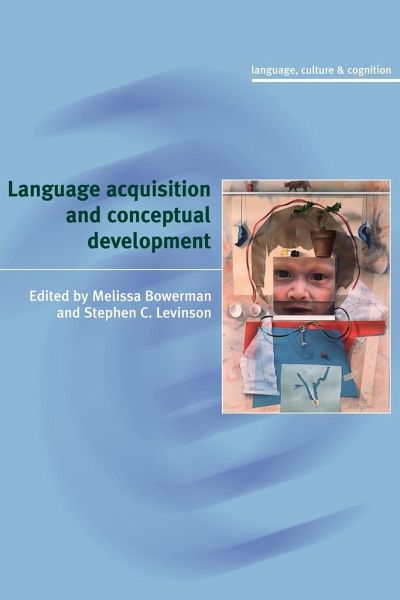
Language Acquisition and Conceptual Development

PAYBACK Punkte
40 °P sammeln!
Leading scholars examine the relationship between child language acquisition and cognitive development.


Rechnungen
Bestellstatus
Retourenschein
Storno